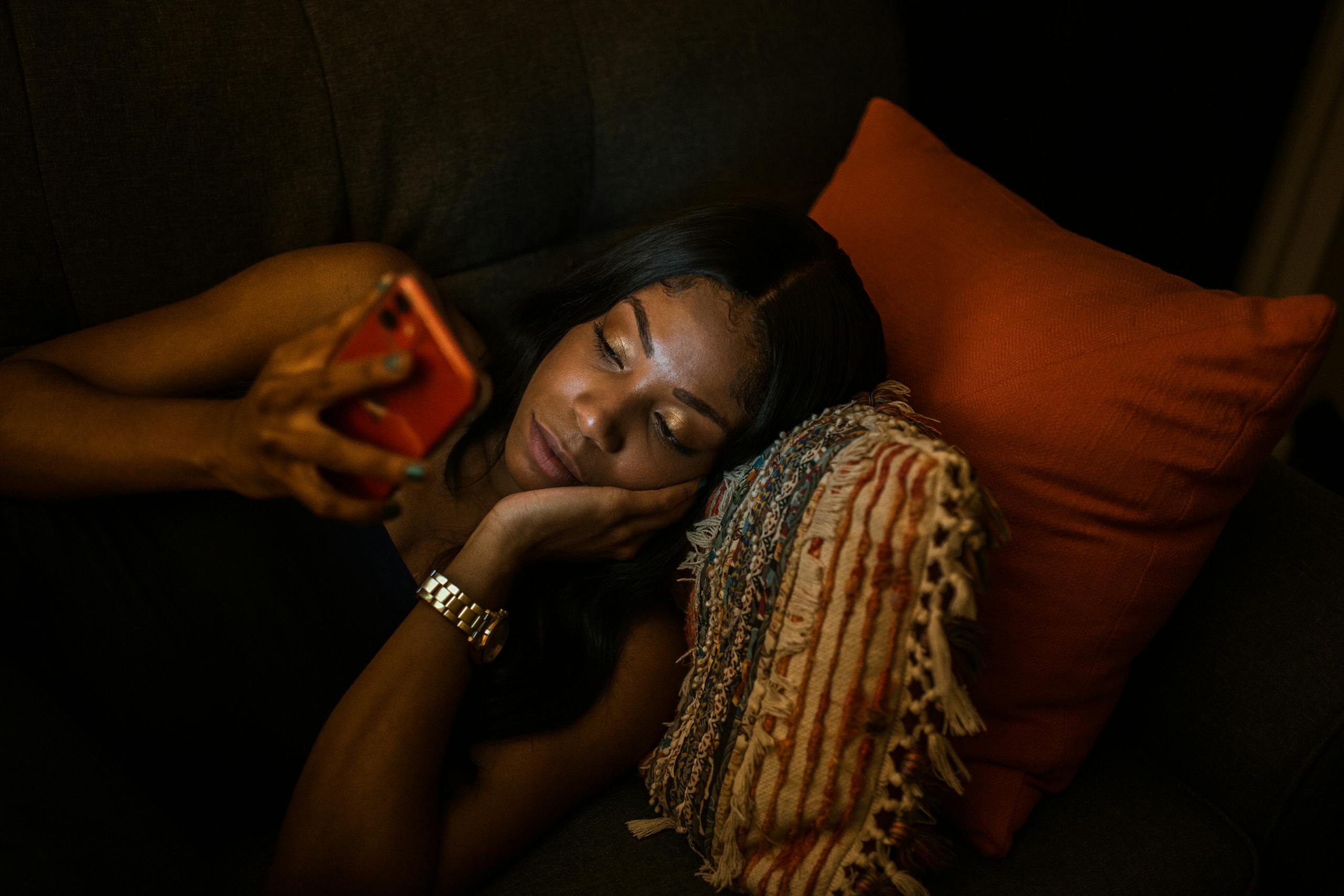Binge-Watching Might Actually Be Good for You, Says New Study

Binge-watching often gets labeled as a mindless or unhealthy habit, but new research from the University of Georgia paints a more nuanced picture. A study published in Acta Psychologica in June 2025 suggests that extended viewing sessions may actually enhance memory, spark imagination, and help people cope with stress.
The study, titled “Watching one more episode and reading one more chapter: What entertainment contexts lead to retrospective imaginative involvement?”, was conducted by Joshua Baldwin (postdoctoral researcher at the University of Georgia) and co-authors Ezgi Ulusoy, Morgan Durfee, Rick Busselle, and David R. Ewoldsen. It explored how binge-watching or binge-reading affects the way people mentally engage with stories after the screen (or book) is closed.
What the Study Found
The researchers surveyed 303 university students, asking them to reflect on narratives they considered both memorable and unmemorable across television shows, movies, or books. Participants were also asked about their session lengths, their motivations (such as escapism or personal growth), and their levels of stress and leisure time.
The results showed that people who binge-watch—defined here as watching three or more episodes in one sitting—were more likely to experience what the researchers call retrospective imaginative involvement (RII). This refers to the tendency to mentally revisit stories after finishing them, through daydreams, fantasies, or reimagining events.
In simple terms, binge-watchers were not just passively consuming content; they were actively engaging with stories long after the episode ended. They were more likely to think about characters, plotlines, and alternative outcomes, compared to those who consumed media in shorter stretches.
The Role of Memory and Imagination
The research also highlights the importance of memory in this process. To imagine or fantasize about a story, people need to remember it clearly. The study found that TV shows were often considered more memorable than books. However, for avid book readers who go through an entire book in one sitting, the memory and imaginative involvement could be just as strong, if not stronger.
This ability to replay or reconfigure narratives in one’s mind can lead to a richer connection with the story. For example, viewers might imagine different endings, continue character arcs in their minds, or even explore “what-if” scenarios.
Why Binge-Watching Can Be Beneficial
One of the key frameworks referenced in the study is the TEBOTS model (Temporarily Expanding the Boundaries of the Self). According to this model, stories allow people to temporarily expand their sense of self by identifying with characters and exploring experiences beyond their own. This satisfies psychological needs such as connection, autonomy, confidence, and even a sense of safety.
Binge-watching or binge-reading enhances this effect because consuming a larger chunk of the story in one sitting helps the brain connect plot threads, track characters, and build a cohesive mental world. This makes it easier to revisit and engage with the story afterwards.
The researchers also noted that motivations matter. People who engaged in binge-watching for escapism often had higher levels of imaginative involvement, but those motivated by boundary expansion (seeking growth, reflection, or emotional depth) showed even richer engagement. Content that inspired appreciation (thought-provoking, meaningful, or emotionally powerful) was particularly effective in driving deeper RII.
Context and Well-Being
The study emphasizes that the well-being impacts of binge-watching are not one-size-fits-all. Several factors influence whether it is positive or negative:
- Stress levels: High stress can limit one’s ability to imaginatively engage with stories, while low to moderate stress allows for deeper involvement.
- Leisure time: Having enough free time increases the chance of revisiting stories mentally.
- Content type: Enjoyable narratives often trigger replaying of events, while meaningful narratives drive creative reimagining.
This shows why binge-watching may help some people cope during challenging times. By immersing themselves in a story world, individuals can temporarily escape, find comfort in characters, or feel a sense of accomplishment in completing a narrative arc.
A Balanced Perspective
The researchers caution against viewing binge-watching as entirely good or bad. Like many aspects of media consumption, it depends on the content, the reasons people are watching, and the personal circumstances of the viewer.
While negative effects such as poor sleep and sedentary behavior have been noted in other studies, this research highlights the potential psychological benefits when binge-watching is done with the right content and context. It challenges the simplistic idea that binge-watching is purely harmful and instead frames it as an activity that, under the right conditions, can enrich memory, imagination, and mental resilience.
TLDR
A University of Georgia study suggests binge-watching and binge-reading can enhance memory, spark imagination, and help cope with stress. Through retrospective imaginative involvement, viewers mentally revisit stories, making narratives more meaningful—though benefits depend on content, motivations, and personal context.
Research Paper: Watching one more episode and reading one more chapter: What entertainment contexts lead to retrospective imaginative involvement?





